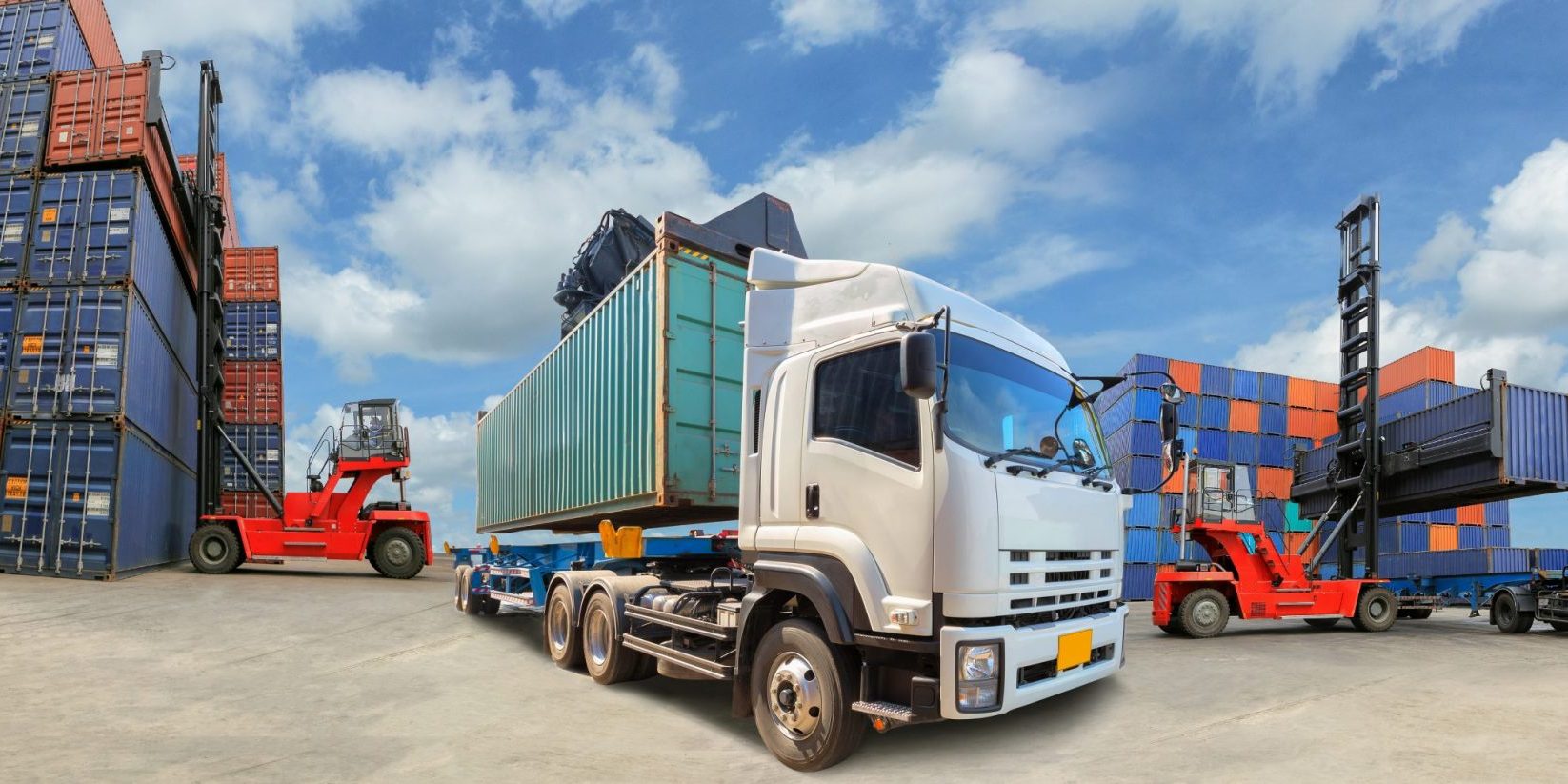Freight forwarders handle far more than booking cargo space on ships and planes. They handle the entire logistics chain, from manufacturing to warehouse delivery. It involves documentation preparation, customs brokerage, carrier coordination, and crisis management. Local courier needs are served by Transportify express delivery, but freight forwarders have to deal with multiple regulations, several different carriers touch your cargo, and documentation mistakes cause weeks of delays and substantial storage fees.
Negotiate carrier rates
Volume creates leverage in freight negotiations. Your business might ship several dozen containers annually. The forwarder you hire moves thousands of containers that year across their entire customer base. Ocean carriers and airlines offer steep discounts to high-volume shippers. That forwarder passes along a portion of their volume discount to you while retaining some margin for their service. Rate negotiations cover multiple cost components:
- Base ocean freight between specific port pairs
- Priority boarding for air cargo during capacity crunches
- Drayage trucking from ports to inland destinations
- Container detention fees and chassis rental charges
Forwarders maintain contracts with dozens of carriers across different routes. They know which carriers run competitive rates on certain trade lanes while others offer better service on alternative routes. Some airlines might have equipment availability when others are fully booked. This carrier intelligence gets applied to your specific trade lanes and timing needs.
Handle customs documentation
Getting merchandise through customs requires absolute precision in paperwork. Product descriptions must use exact terminology that customs databases recognize. Values need declaration in proper currencies with exchange rates from the transaction dates. Country of origin certificates require specific formats depending on which trade agreement applies. Forwarders know these requirements cold because they process hundreds of customs entries weekly.
Tariff classification alone demands specialized expertise. The Harmonized System contains thousands of classification codes. Choosing the right code determines the duty rate you pay on your products. Regulatory inspections, environmental compliance, and additional licensing depend on classification. Customs officials challenge forwarders’ classifications if they are unclear, and forwarders apply for binding rulings if they are confusing.
Coordinate multiple carriers
Your container travels through several hands between the factory and the warehouse. A trucking company collects it from the manufacturer. The port terminal receives it and loads it onto a vessel. That ship travels to a transhipment hub where cargo gets transferred to another boat. It reaches the destination port where different trucks deliver to your facility. Each transfer point creates an opportunity for delays, miscommunication, or lost cargo. Forwarders track every segment. They receive vessel departure notifications, monitor ocean transit through tracking systems, get alerts when containers reach destination ports, and coordinate final delivery appointments. When problems emerge, like a missed vessel sailing or port congestion, they rebook subsequent transportation, maintaining your delivery schedule.
Consolidate small shipments
Filling an entire container requires substantial product volume. Many importers order quantities occupying less than half of the container space. Paying for the whole of the container destroys margins on smaller orders. Forwarders solve this through consolidation warehouses at origin ports. They collect goods from multiple clients, combine everything into shared containers, and then separate the cargo after arrival. A forwarder’s consolidation facility might combine shipments from a dozen different importers into several containers. Each importer pays only for their actual cargo volume plus a small consolidation fee. The savings typically prove substantial compared to booking partially filled dedicated containers. Supplier consolidation makes international sourcing affordable for modest orders. A logistics department provides expertise to small and mid-sized importers.














